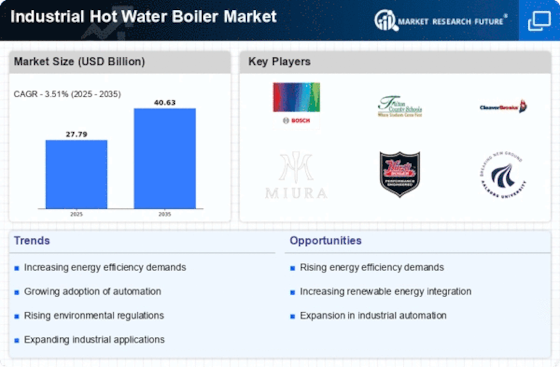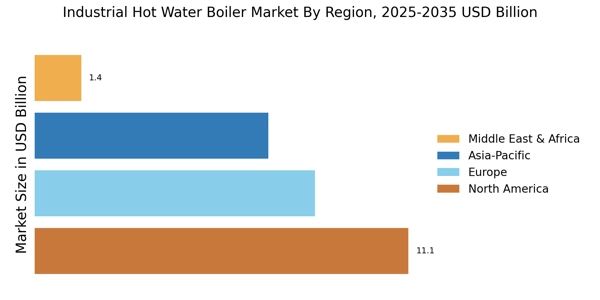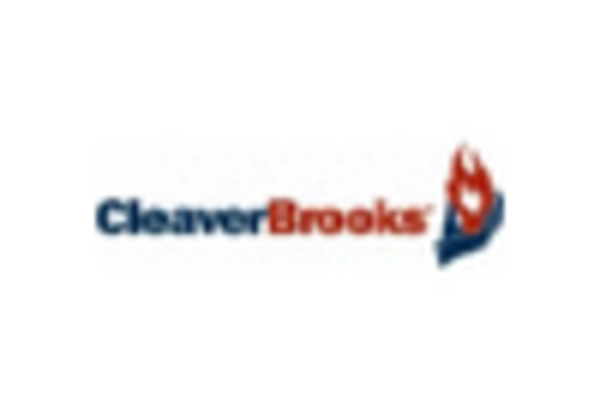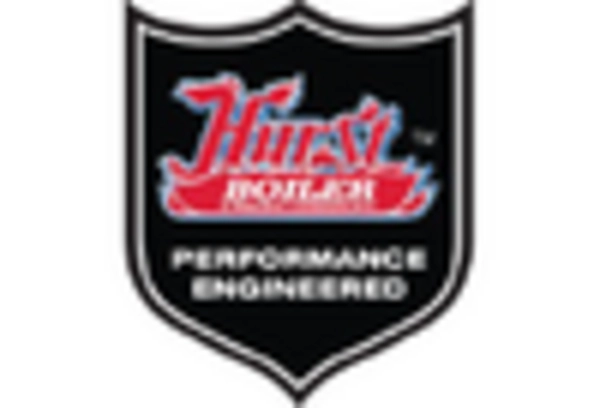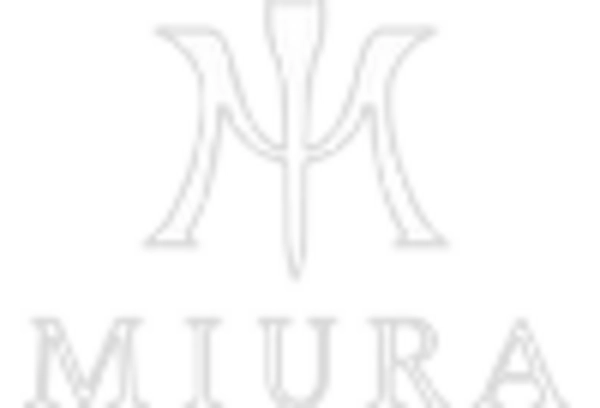Expansion of Industrial Sectors
The Industrial Hot Water Boiler Market is benefiting from the expansion of various industrial sectors, including construction, automotive, and textiles. As these sectors grow, the demand for efficient heating solutions is expected to rise correspondingly. The construction industry, for instance, is projected to witness a growth rate of 7% annually, leading to increased requirements for hot water boilers for heating and sanitation purposes. This expansion creates a favorable environment for manufacturers and suppliers within the Industrial Hot Water Boiler Market, as they position themselves to meet the rising demand. Additionally, the diversification of applications across different industries further enhances market opportunities, suggesting a robust outlook for stakeholders in the coming years.
Rising Demand for Process Heating
The Industrial Hot Water Boiler Market is experiencing a notable increase in demand for process heating across various sectors, including food and beverage, pharmaceuticals, and chemical manufacturing. This demand is driven by the need for consistent and reliable heating solutions to ensure product quality and operational efficiency. As industries expand and modernize, the requirement for high-capacity hot water boilers becomes more pronounced. According to recent data, the process heating segment is projected to grow at a compound annual growth rate of approximately 5.2% over the next five years. This trend indicates a robust market potential for manufacturers and suppliers within the Industrial Hot Water Boiler Market, as they adapt to meet the evolving needs of diverse industrial applications.
Growth in Renewable Energy Integration
The Industrial Hot Water Boiler Market is increasingly influenced by the integration of renewable energy sources. As industries seek to reduce their carbon footprint, there is a growing trend towards utilizing biomass, solar, and geothermal energy in boiler systems. This shift not only aligns with global sustainability goals but also offers potential cost savings in the long run. The market for biomass boilers, in particular, is expected to expand significantly, with a projected growth rate of 6.5% annually. This trend indicates a transformative phase for the Industrial Hot Water Boiler Market, as manufacturers adapt their offerings to include renewable energy solutions, thereby catering to the evolving preferences of environmentally conscious consumers.
Technological Advancements in Boiler Design
Technological advancements are playing a pivotal role in shaping the Industrial Hot Water Boiler Market. Innovations in boiler design, such as modular systems and enhanced heat exchangers, are improving efficiency and reducing operational costs. These advancements allow for better heat recovery and lower fuel consumption, which are critical factors for industries aiming to optimize their energy use. Furthermore, the integration of IoT and smart technologies into boiler systems is enabling real-time monitoring and predictive maintenance, thereby enhancing reliability. As a result, the market is witnessing a shift towards more sophisticated and efficient boiler solutions, with a projected growth rate of 4.8% in the adoption of advanced technologies over the next few years. This trend underscores the importance of innovation in the Industrial Hot Water Boiler Market.
Regulatory Compliance and Environmental Standards
The Industrial Hot Water Boiler Market is significantly influenced by stringent regulatory compliance and environmental standards. Governments and regulatory bodies are increasingly enforcing laws aimed at reducing emissions and enhancing energy efficiency. This has led to a surge in demand for boilers that meet these standards, prompting manufacturers to innovate and develop cleaner technologies. For instance, the introduction of low-NOx burners and advanced combustion technologies has become essential for compliance. The market is expected to see a shift towards eco-friendly solutions, with a projected increase in the adoption of such technologies by 30% in the coming years. This regulatory landscape presents both challenges and opportunities for stakeholders in the Industrial Hot Water Boiler Market.
.png)

